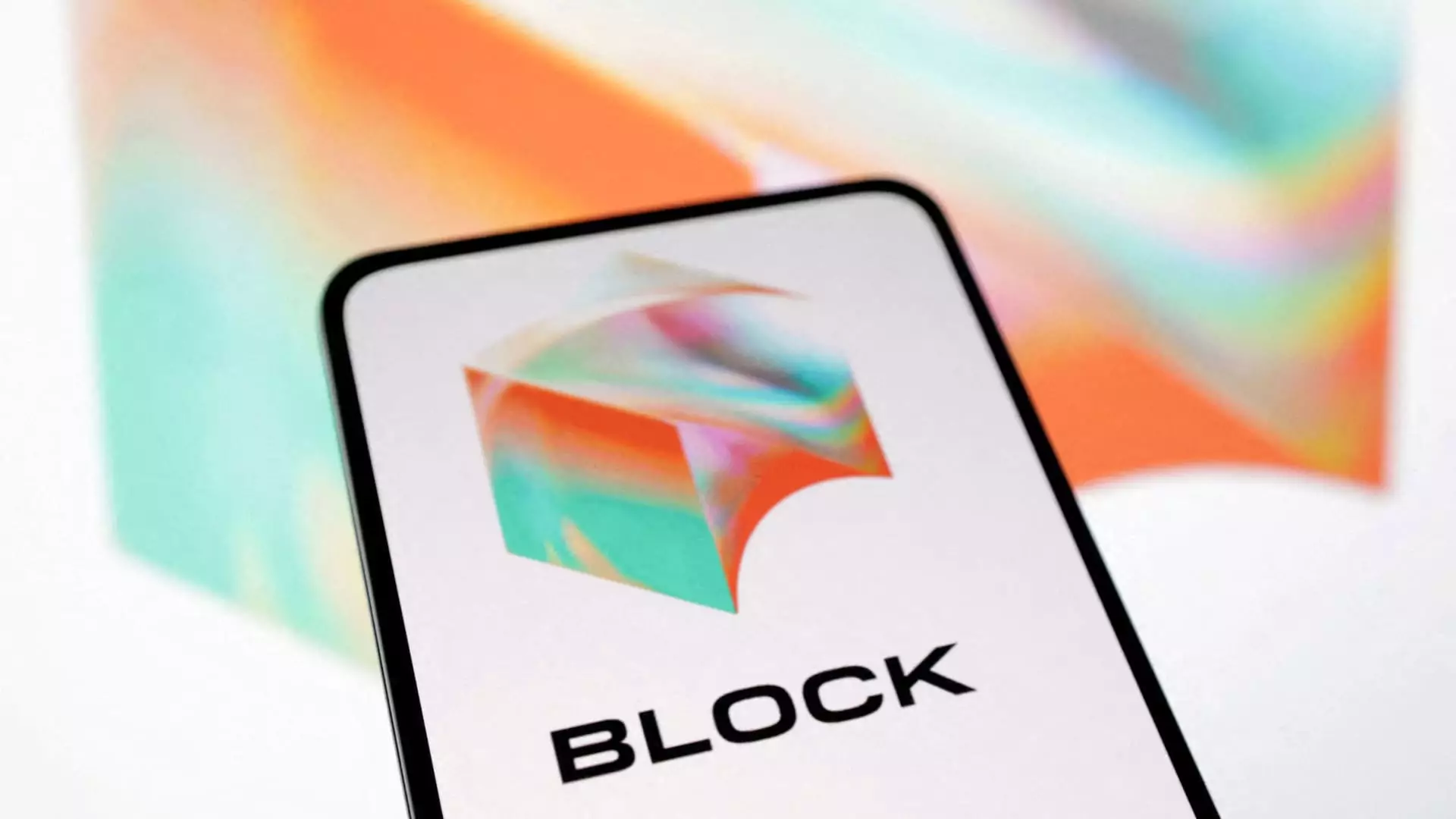In recent economic analyses, Block, the payments processing and financial services company previously known as Square, reported third-quarter results that fell short of Wall Street’s revenue projections. Despite an immediate stock downturn in after-hours trading, shares rebounded as market participants shifted their attention toward profitability indicators. This article delves into the financial metrics presented by Block, insights from its leadership, and the implications for future growth trajectories.
Block’s third-quarter earnings report revealed a nuanced financial performance. The company reported adjusted earnings per share of 88 cents, surpassing the analysts’ estimated 87 cents, yet its total revenue of $5.98 billion missed expectations of $6.24 billion. Notably, while revenue figures did not impress, the firm’s focus on gross profit proved to be a strategic highlight. With $2.25 billion in gross profit, marking a 19% year-over-year increase, Block demonstrated a robust improvement in its ability to generate earnings despite revenue shortcomings.
Adding another layer of complexity to the analysis, the company reported a net income of $283.7 million, translating to 45 cents per share, a significant turnaround from a loss of $88.7 million, or 15 cents per share, a year prior. This recovery in net income indicates effective cost management and operational efficiencies that the company has harnessed, despite facing revenue pressures.
A critical component of Block’s revenue structure is its Cash App platform, which continues to serve as a vital player in the mobile payments space. The Cash App division reported an impressive gross profit of $1.31 billion, a 21% increase from the previous year. This demonstrates a solid user engagement strategy, evidenced by an 11% growth in monthly active users of the Cash App Card, reaching over 24 million. However, gross payment volume, a conglomerate financial metric, came in at $62.4 billion, falling short of the forecasted $64.3 billion, suggesting that while users are engaged, overall transaction volume may be underperforming.
Despite this dip in transaction levels, Block’s dedication to enhancing its cost structure signals a proactive approach to offset these fluctuations. The company anticipates a gross profit increase of 14% for the fourth quarter, leading to projections of $2.31 billion. This forward-looking commentary suggests confidence in underlying operational strength.
In the face of economic pressures, the leadership at Block, particularly CEO Jack Dorsey, emphasized innovation as a key growth strategy. The comprehensive offering of lending products—including Square Loans, Afterpay Buy Now Pay Later, and Cash App Borrow—was showcased as crucial for retaining and monetizing Cash App users. By integrating artificial intelligence into its lending products, Block aims to enhance risk assessment and decision-making processes, mitigating loss rates that are already relatively low across various services.
Analysts have underscored the potential of these lending initiatives, noting that they could serve as primary drivers for Cash App user monetization moving forward. This strategic focus could also pivot Block towards developing an advertising component of Cash App, potentially increasing revenue streams from merchants seeking promotional opportunities.
Block’s recent financial report was accompanied by significant strategic restructuring measures. As outlined in the shareholder letter, the company announced a reduction in its investment in Tidal, the music streaming service, and a complete shut down of TBD, its Bitcoin-centered division. This rationalization comes after earlier workforce reductions, underscoring a committed response to optimizing operational focus amid a volatile market environment.
Commenting on Bitcoin’s role within Block, Dorsey highlighted the company’s ongoing mission to enhance accessibility through platforms like Cash App. At the end of the quarter, Block reported holding 8,300 bitcoin, valued at approximately $630 million—an indication of the company’s continuing commitment to cryptocurrency as part of its broader financial ecosystem.
In closing, while Block’s third-quarter results reflected a mixture of challenges and successes, the firm’s strategic initiatives, profitability focus, and future growth potential convey a sense of resilience. Investors’ evolving perspectives, emphasizing profitability over revenue, will likely be pivotal as Block navigates the complexities of the financial services landscape in the coming quarters.


Leave a Reply